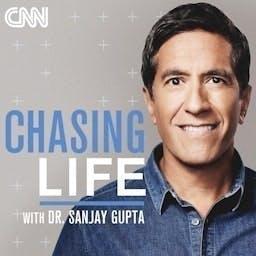Could AI-driven retinal imaging flag Alzheimer’s decades before symptoms start? That question is central to RetiSpec’s mission. The health technology company is developing AI-powered retinal imaging to detect Alzheimer’s-related biomarkers, like amyloid — by looking at the back of the eye.
Catherine Bornbaum, PhD, RetiSpec’s chief business officer, says the aim is to make biomarker testing simpler, more scalable, and easier for people to access.
In this conversation with Being Patient’s founder Deborah Kan, Bornbaum explains how decades of research show that changes in the back of the eye can mirror the structural, functional and molecular changes of Alzheimer’s in the brain, making the retina a powerful, noninvasive window for early detection.
Bornbaum also describes how AI-driven, real-time analysis of eye images using cameras already in optometrists’ offices could make eye exams a practical access point for noninvasive Alzheimer’s biomarker testing.
—-
If you loved listening to this Live Talk, visit our website to find more of our Alzheimer’s coverage and subscribe to our newsletter: https://www.beingpatient.com/
Follow Being Patient:
Twitter: https://twitter.com/Being_Patient_
Instagram: https://www.instagram.com/beingpatientvoices/
Facebook: https://www.facebook.com/beingpatientalzheimers
LinkedIn: https://www.linkedin.com/company/being-patient
Being Patient is an editorially independent journalism outlet for news and reporting about brain health, cognitive science, and neurodegenerative diseases. In our Live Talk series on Facebook, former Wall Street Journal Editor and founder of Being Patient, Deborah Kan, interviews brain health experts and people living with dementia.
Check out our latest Live Talks: https://www.beingpatient.com/category/video/




































